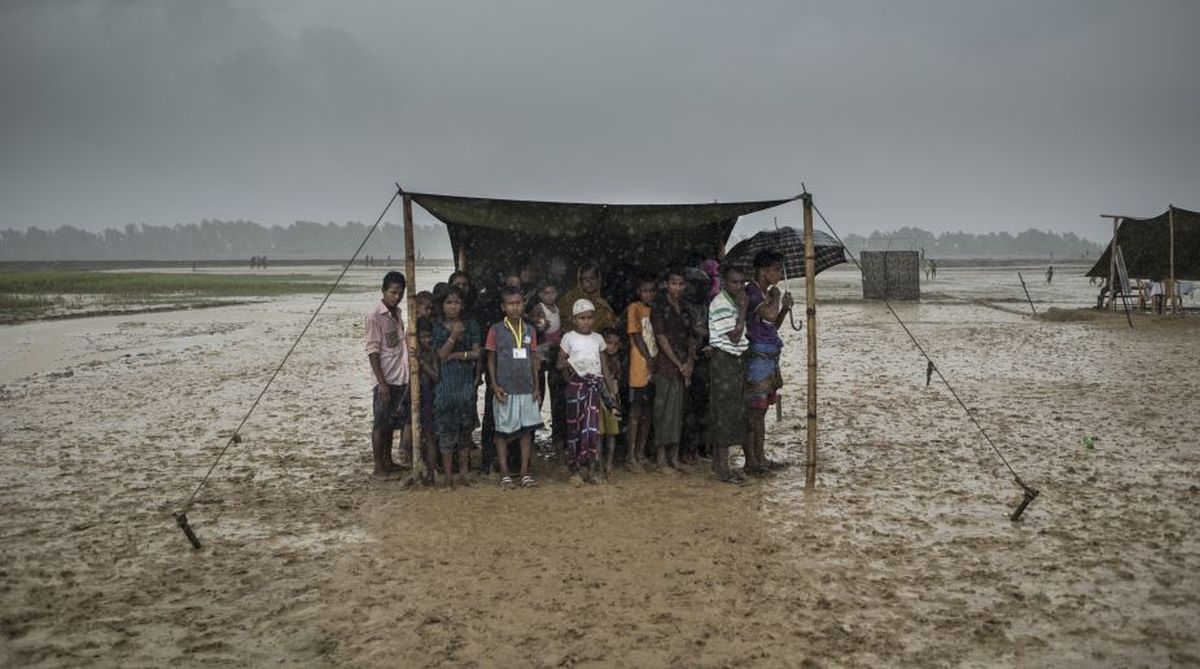The United Nations has spoken and the world must listen. Never in recent years has the voice of the entity been so resounding as it was on Monday. Its intrepid presentation on the violence perpetrated by Myanmar’s security forces on the Rohingyas is a severe indictment of the country’s army chief and, albeit indirectly, of the nominal leader, Aung San Suu Kyi, for her silence on the issue.
Pre-eminently, it is the seemingly pivotal role of these two individuals that has been of riveting interest to the UN. Equally does the report emit a signal to nations that have by and large been indifferent to the ethnic cleansing. And this would include the fountain-head of democracies in the West as well.
Advertisement
The persecution has transcended the frontiers of Myanmar and Rakhine on the Bangladesh border, and now ranks as a malevolent travesty of international law. It shall not be easy for the omnipotent junta, let alone the purportedly civilian administration, to burnish its credibility, chiefly in the context of allegations of genocide and crimes against humanity.
Such horrific allegations and the explicit charge against the army chief, General Min Aung Hlaing, must rankle for sometime yet. A convincing follow-through of the report will of course hinge on the veto-wielding Security Council members, who will be expected not to prevaricate as they did over Syria and Libya.
A country in Asia direly cries out for humanitarian intervention. Investigators have found patterns of gross human rights violations and abuses committed in the provinces of Kachin, Rakhine and Shan; the findings have been clothed with the assertion that these “undoubtedly amount to the gravest crimes under international law”, notably murder, torture, rape, sexual slavery, extermination and forced deportation.
Ethnic cleansing, in a word, has assumed hideous proportions. The army’s claim that it is fighting terrorist insurgency was effectively binned. “Military necessity would never justify killing indiscriminately, gang raping women, assaulting children, and burning entire villages. The military’s strategy has been consistently and grossly disproportionate to actual security threats both in Rakhine and also in northern Myanmar,” the report said.
It might be tempting for world powers to conclude that the UN findings are not particularly new. The striking feature of the presentation, that ought not to be ignored, is that sufficient grounds do exist to warrant the investigation of senior officials so that a competent court can determine their liability for genocide ~ an expression that the report has repeatedly underlined.
A major impediment to action could be China, which has been against punishing Myanmar with which it has investment, trade and energy links. Should the Security Council fail to act collectively and decisively in Myanmar, the Generals could well be let off the hook. Hope must emanate from the International Court of Justice or a special UN tribunal, as happened in Rwanda and the former Yugoslavia.











